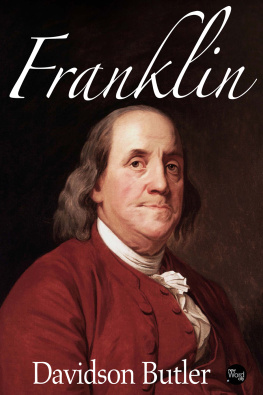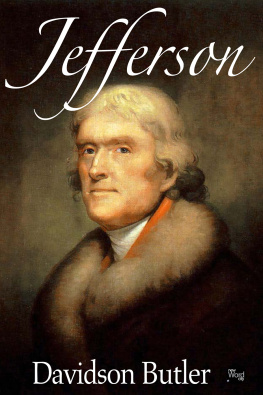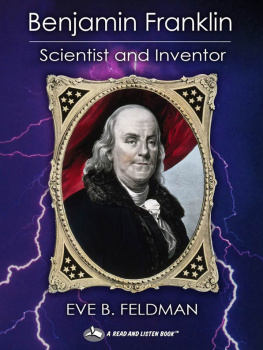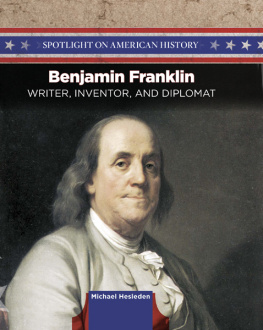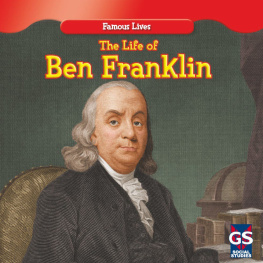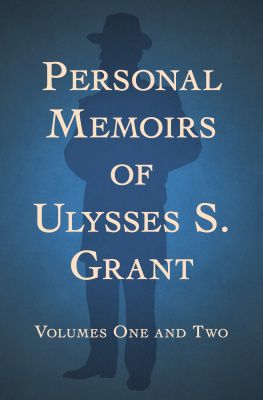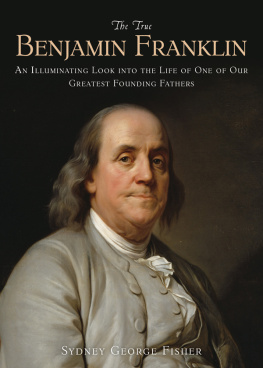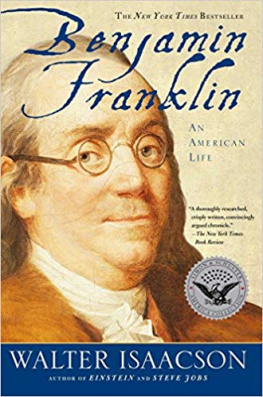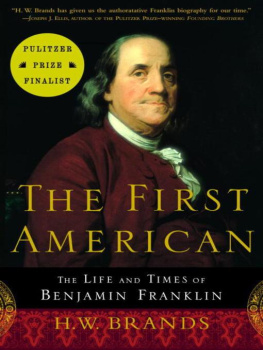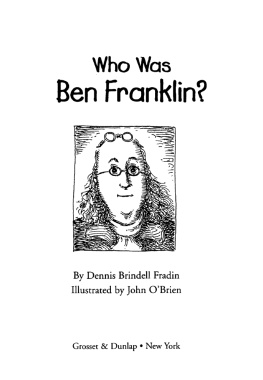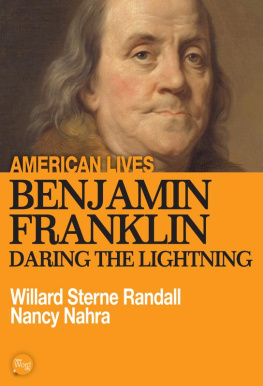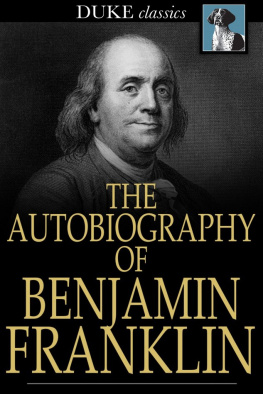Davidson Butler - Franklin
Here you can read online Davidson Butler - Franklin full text of the book (entire story) in english for free. Download pdf and epub, get meaning, cover and reviews about this ebook. year: 2014, publisher: New Word City, genre: Detective and thriller. Description of the work, (preface) as well as reviews are available. Best literature library LitArk.com created for fans of good reading and offers a wide selection of genres:
Romance novel
Science fiction
Adventure
Detective
Science
History
Home and family
Prose
Art
Politics
Computer
Non-fiction
Religion
Business
Children
Humor
Choose a favorite category and find really read worthwhile books. Enjoy immersion in the world of imagination, feel the emotions of the characters or learn something new for yourself, make an fascinating discovery.
- Book:Franklin
- Author:
- Publisher:New Word City
- Genre:
- Year:2014
- Rating:3 / 5
- Favourites:Add to favourites
- Your mark:
- 60
- 1
- 2
- 3
- 4
- 5
Franklin: summary, description and annotation
We offer to read an annotation, description, summary or preface (depends on what the author of the book "Franklin" wrote himself). If you haven't found the necessary information about the book — write in the comments, we will try to find it.
Inventor, entrepreneur, scientist, diplomat, author, and Founding FatherBenjamin Franklin was one of the most exceptional people the world has ever known. Here, from New York Times bestselling author Davidson Butler, is his story.
Franklin — read online for free the complete book (whole text) full work
Below is the text of the book, divided by pages. System saving the place of the last page read, allows you to conveniently read the book "Franklin" online for free, without having to search again every time where you left off. Put a bookmark, and you can go to the page where you finished reading at any time.
Font size:
Interval:
Bookmark:
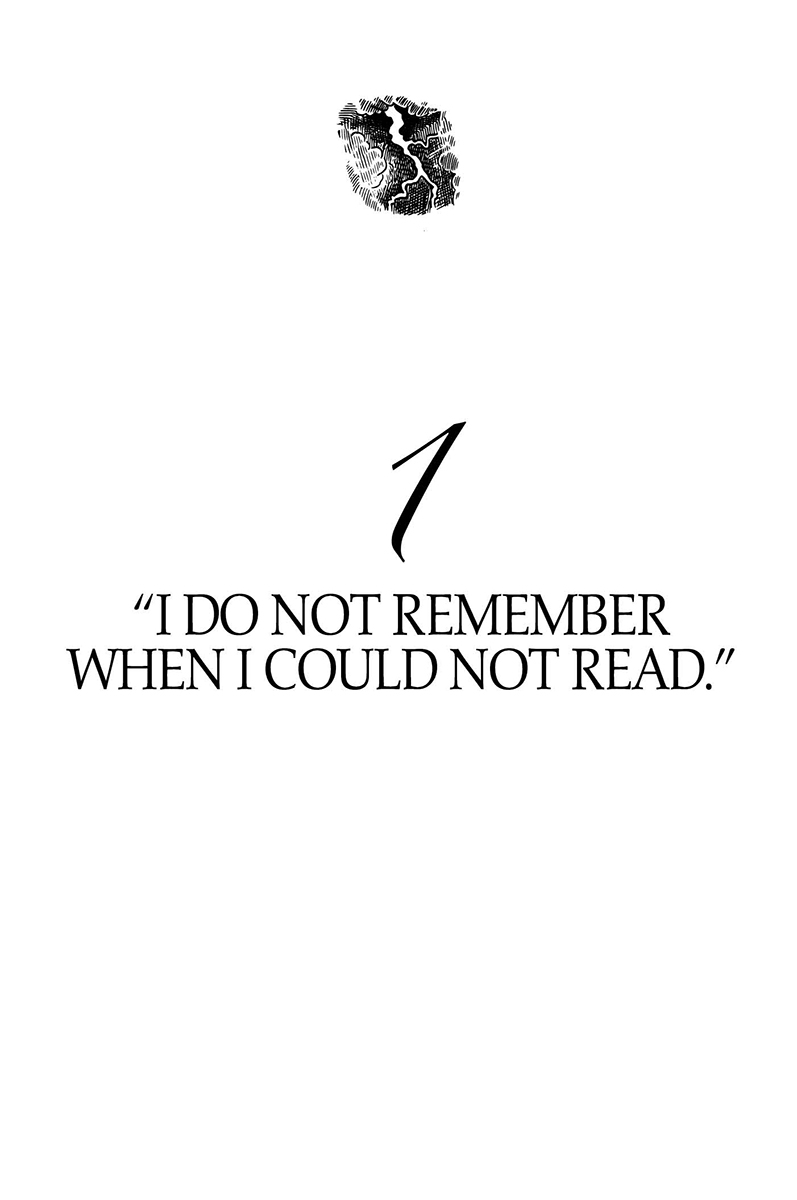
Benjamin Franklins father Josiah had a large family - four children with his first wife and ten with his second. Benjamin remembered thirteen sitting at one time at his table. He was the youngest son and had two younger sisters. Josiah could not afford to send Benjamin to college, so the boy went to a school that offered only arithmetic and writing.
When Benjamin was ten, Josiah put him to work in the family candle and soap business. Benjamin cut wicks, filled the dipping mold, worked behind the counter, and ran errands. He soon realized he disliked the trade.
Benjamin implored his father to allow him to become a sailor. Josiah, however, refused one of his older sons had perished at sea. Josiah urged Benjamin to choose another occupation, taking the boy around Boston to let him see bricklayers, carpenters, and other tradesmen. Though their skill fascinated Benjamin, he saw no trade that interested him.
Swimming, meanwhile, did interest him. Benjamin learned to swim almost as soon as he could walk, and he later experimented with ways to swim faster: I made two oval palettes, each about ten inches long and six broad, with a hole for the thumb, in order to retain it fast in the palm of my hand. They much resembled a painters palettes. In swimming I pushed the edges of these forward, and I struck the water with their flat surfaces, and I drew them back... I swam faster by means of these palettes, but they fatigued my wrists. I also fitted to the soles of my feet a kind of sandals; but I was not satisfied with them because I observed that the stroke is partly given by the inside of the feet and the ankles, and not entirely with the soles of the feet....
Later, he used a toy as a swimming aid. While flying a kite near a pond, Benjamin tied the kite string to a stake, took off his clothes, and jumped into the water. The kite continued to fly, and he decided to fly it and swim at the same time. He jumped out of the water, grabbed the string, and then jumped back in. Rolling onto his back, he held the string as the kite became a sail. He asked his friend to take his clothes to other bank. My kite... carried me quite over without the least fatigue and with the greatest pleasure imaginable, he wrote. I was only obliged occasionally to halt a little in my course, and resist its progress, when it appeared that by following too quick I lowered the kite too much.
Benjamin was always the leader, although sometimes he got his friends into trouble. They enjoyed fishing for minnows on the edge of a marsh. It often became a quagmire into which they sank, muddying their clothes. Deciding they needed a wharf, Benjamin spotted stones intended for a new house near the marsh. In the evening, after the men working on the house went home, Benjamin and his friends hauled the stones to the marsh and built their little wharf. The next morning, the workmen discovered the stones missing, and they learned the identity of the thief. Benjamins father lectured his son that nothing was useful which was not honest.
By then, Josiah had decided Benjamin would become a Boston printer like his older brother, James Franklin . So at the age of twelve, Benjamin was bound as an apprentice to his brother until he reached twenty-one. Benjamin learned how to set type and operate a printing press. In his spare time, he continued to read every book he could borrow or buy. Often I sat up in my room reading the greatest part of the night, he said.
Benjamin decided to become a writer. He liked poetry and wrote little pieces he showed James, who urged him to compose ballads. He penned two: The Lighthouse Tragedy, about the drowning of a ships captain and his two daughters, and A Sailors Song, about the capture of the pirate Blackbeard . James printed both and sent Benjamin out to sell copies. The Lighthouse Tragedy sold wonderfully, and Benjamin thought he would become an acclaimed poet. But Josiah told him his poetry was poor. Moreover, verse-makers were generally beggars. He encouraged Benjamin to write prose.
Around this time, Benjamin became friends with another young Bostonian, John Collins, also an avid reader. The boys liked to debate issues, sometimes putting their arguments into writing. When Josiah pointed out Benjamins writing was inferior to Collins, Benjamin worked to improve. He found a copy of The Spectator, the English newspaper written by Joseph Addison and Richard Steele , and thought the writing excellent. He made notes on how each sentence was structured. He also tried to improve his vocabulary by turning Spectator essays into rhyme. To find a different sound for a rhyme, he was forced to use new words.
While struggling to improve his writing, Benjamin did not neglect other parts of his education. Ashamed of his failure to learn arithmetic, he bought a textbook and taught himself the essentials. He acquired another skill: After reading a book about Socrates by the Greek historian Xenophon , he decided he liked Socrates way of arguing by asking questions. Dropping his habit of abrupt contradiction and positive argumentation, he pretended to be a humble enquirer and doubter and soon became very artful and expert in drawing people even of superior knowledge into... difficulties out of which they could not extricate themselves.
Meanwhile, James had begun to publish a newspaper, The New England Courant. Along with the news, he included essays. Sensing his brother was envious of his writing skill, Benjamin wrote an unsigned essay and slipped it under the door of the printing house. James showed the essay to some contributors, and Benjamin listened with exquisite pleasure while the men praised the quality of the writing and tried to guess the authors identity.
Under the name Silence Dogood , Franklin described himself as the widow of a country minister and commented on the manners and morals of New England. Mrs. Dogoods fourth essay was critical of Harvard College. Noting that most parents considered their finances instead of their childrens aptitude in deciding whether to send them to this temple of learning, she observed that, as a result, at graduation every beetle-scull seemdwell satisfyd with his own portion of learning, tho perhaps he was een just as ignorant as ever. After graduation, she lamented, Some... took to merchandising, others to traveling, some to one thing, some to another, and some to nothing; and many... livd as poor as churchmice, being unable to dig, and ashamd to beg, and to live by their wits it was impossible. No wonder so many became ministers, Mrs. Dogood concluded. All they had learned at Harvard was how to carry themselves handsomely, and enter a room genteely (which might as well be acquird at a dancing school). She urged parents not to be so blind to their childrens dulness, and insensible of the solidity of their sculls.
Mrs. Dogood contributed fourteen essays to The New England Courant before Franklin confessed his identity to his brother. James was displeased. The brothers began quarreling and taking their disputes to their father. Josiah tended to favor Benjamin, so James settled arguments with his fists. Benjamin wanted his apprenticeship to end.
Benjamins opportunity to leave his brother arrived a few months later. James criticized the Massachusetts Assembly and was imprisoned for a month. With his brother jailed, Benjamin ran the Courant. Eventually, James was released, but he was ordered to stop printing his paper. To circumvent this ruling, James transferred ownership to Benjamin. To make this act legal, he released Benjamin from his apprenticeship and had him sign a new indenture.
Soon, a new argument erupted between the brothers. James resorted to his fists. Benjamin, knowing James would not enforce the indenture he had signed, told his brother he considered himself free and quit his job. James warned other printers in Boston not to give Benjamin any work. Josiah disapproved of Benjamins decision. Since Benjamin was only seventeen, his family legally could force him to stay in Boston. He decided to run away.
Font size:
Interval:
Bookmark:
Similar books «Franklin»
Look at similar books to Franklin. We have selected literature similar in name and meaning in the hope of providing readers with more options to find new, interesting, not yet read works.
Discussion, reviews of the book Franklin and just readers' own opinions. Leave your comments, write what you think about the work, its meaning or the main characters. Specify what exactly you liked and what you didn't like, and why you think so.

